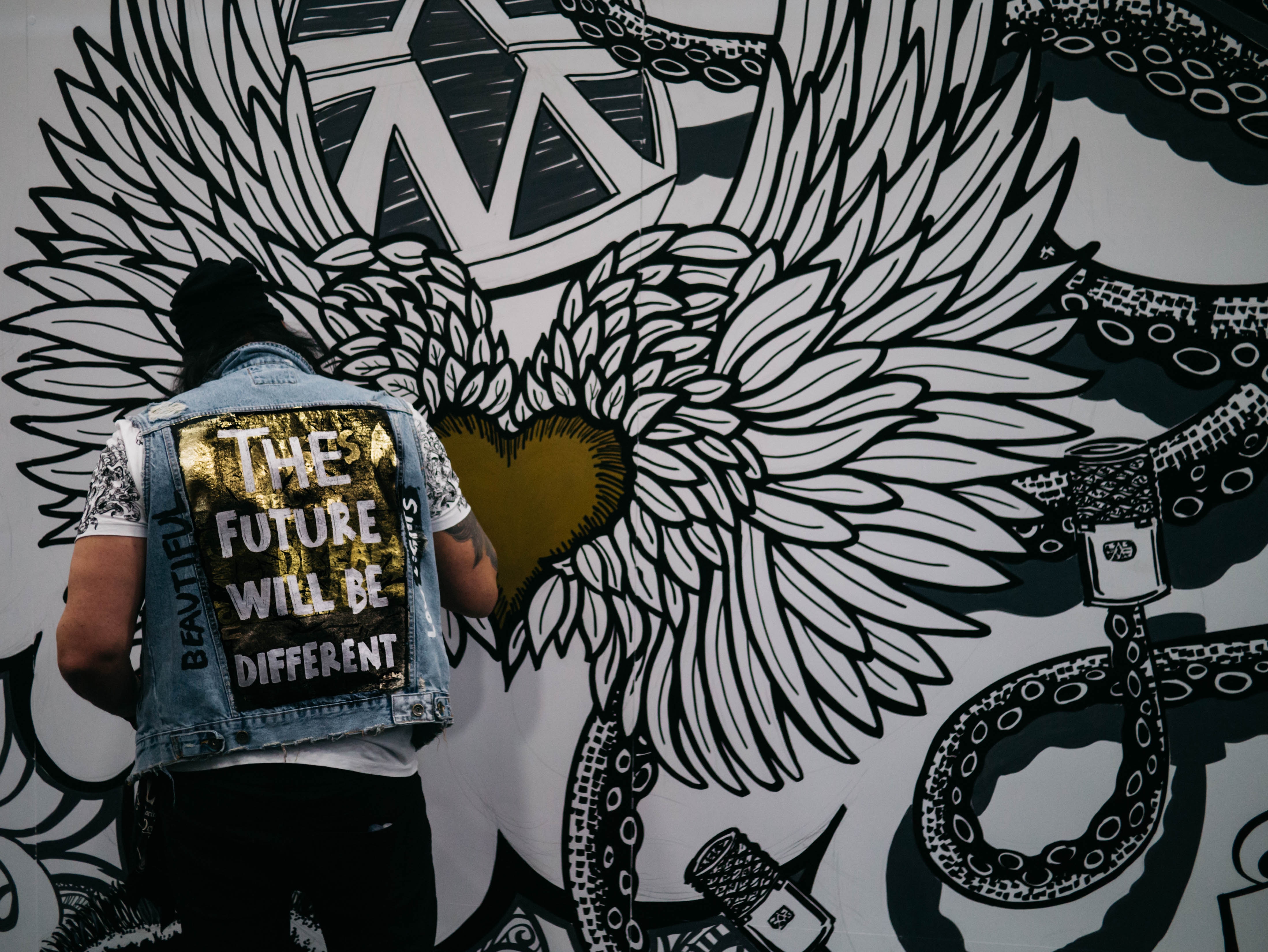Let’s be clear, transformation is not new. We have been transforming since time began. What is new is the rate and breadth of transformation that digital technology brings with it. And that is where, I think, we could have a potentially serious problem.
Organisations have been trying to deliver change programmes forever. It has always been a challenging and costly area for them. I believe that there are 3 key reasons why change can be ineffective and painful:
1) people don’t understand or agree with the changes being proposed, it is often done ‘to them’ and as a consequence makes them feel insecure and vulnerable
2) if people don’t understand or see the need for change they will try to resist it or work around it. They will certainly not be driving it forward or channeling their passion and energy into something that may ultimately hurt them
3) most organisational models are not agile or flexible enough to integrate change as part of their core business therefore the delivery of change projects brings significant upheaval, that only serves to drive further insecurity and resistance to the change in the first place, therefore we have created a circular situation.
Transformation driven by digital technology is a significant escalation in terms of the rate and breadth of change it will bring. Worst case scenario, it can simply make an organisation accelerate the rate at which it makes mistakes, loses money and dis-engages with its people. Forbes has reported that 7 out of 8 digital projects result in failure, that’s an 84% failure rate! We can argue the toss about the figures and look at a number of sources but the essence of the result does not change – more than 50% of organisations are failing to achieve value from digital transformation.
Now as you would expect there are lots of articles and viewpoints on why this is happening. In my humble opinion, most of these are too technical and missing the point. If we remain purely focused on the digital project lifecycle, we will never see the real drivers behind these failures. It’s much more fundamental than implementing new technology and comes back to why organisations have found change programmes challenging since the beginning of time. The acceleration and drive for digital solutions has simply presented the same problems back to us in a more vivid and larger form. I genuinely believe that the critical ingredient for any digital transformation, is not the technological solution, but the organisations ability to embrace, drive and live with change through its culture. Change has to become the norm and the norm has to become change.
So, what does mean in operational terms? Firstly, an organisation needs to create a unanimous understanding and support for the need to change. It has to be more uncomfortable to live with the status quo than to move to the ‘new world’. In order for the change to be authentic, it must always be driven from the organisations raison d’etre, their customers. Change cannot be supported for changes sakes, it has to clearly add value to the organisation and provide security for the future of its employees. Secondly, the organisation has to create a clear and simple vision that effectively provides a common goal for its community. This ingredient is critical to create the motivation and passion required to keep going through the difficult times and remain absolutely steadfast in the belief that the only way forward is to change not to stay with the status quo. Thirdly, the organisation has to be modelled in such a way that change can be seamlessly integrated with business as usual without creating ‘negative’ upheaval. This point is critical to break down functional silos, political game playing and power bases – change rules and aces everything else. And fourthly, I believe that the organisation needs to provide the appropriate physical space and freedom that is a daily illustration of its commitment and ability to live with constant change as the ‘norm’. That means providing an inspiring work-space which expresses the personality of the organisation, creating time for its employees to think and develop new ideas and implement agile working practices based on individuals not a one model fits all (i.e. do people always need to be at their desk by 9am if they work better later in the day?).
In summary, I genuinely believe that the requirements for successful organisational transformation remain the same. Digital is a new and powerful enabler but people are the key to it’s success. People need to be included – given clarity on their role and value, feel that they are contributing to a meaningful outcome and empowered to be part of the change. If an organisation can crack these basics, digital transformation may well become the catalyst that solved the equation of change for us all.


